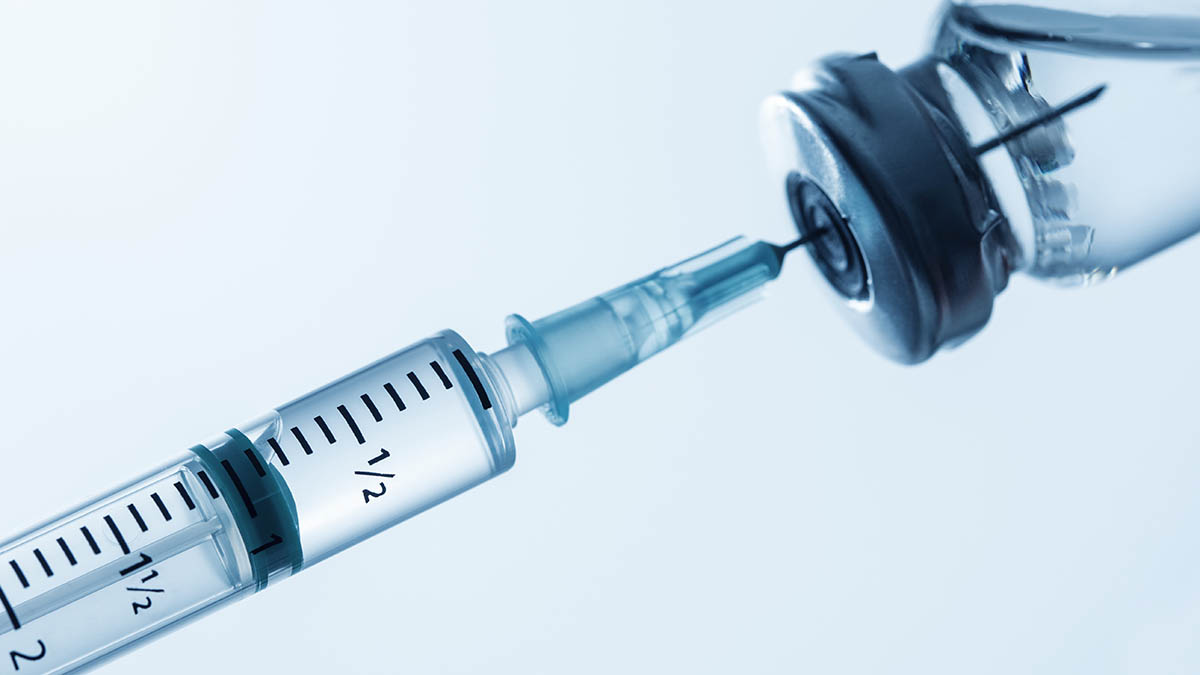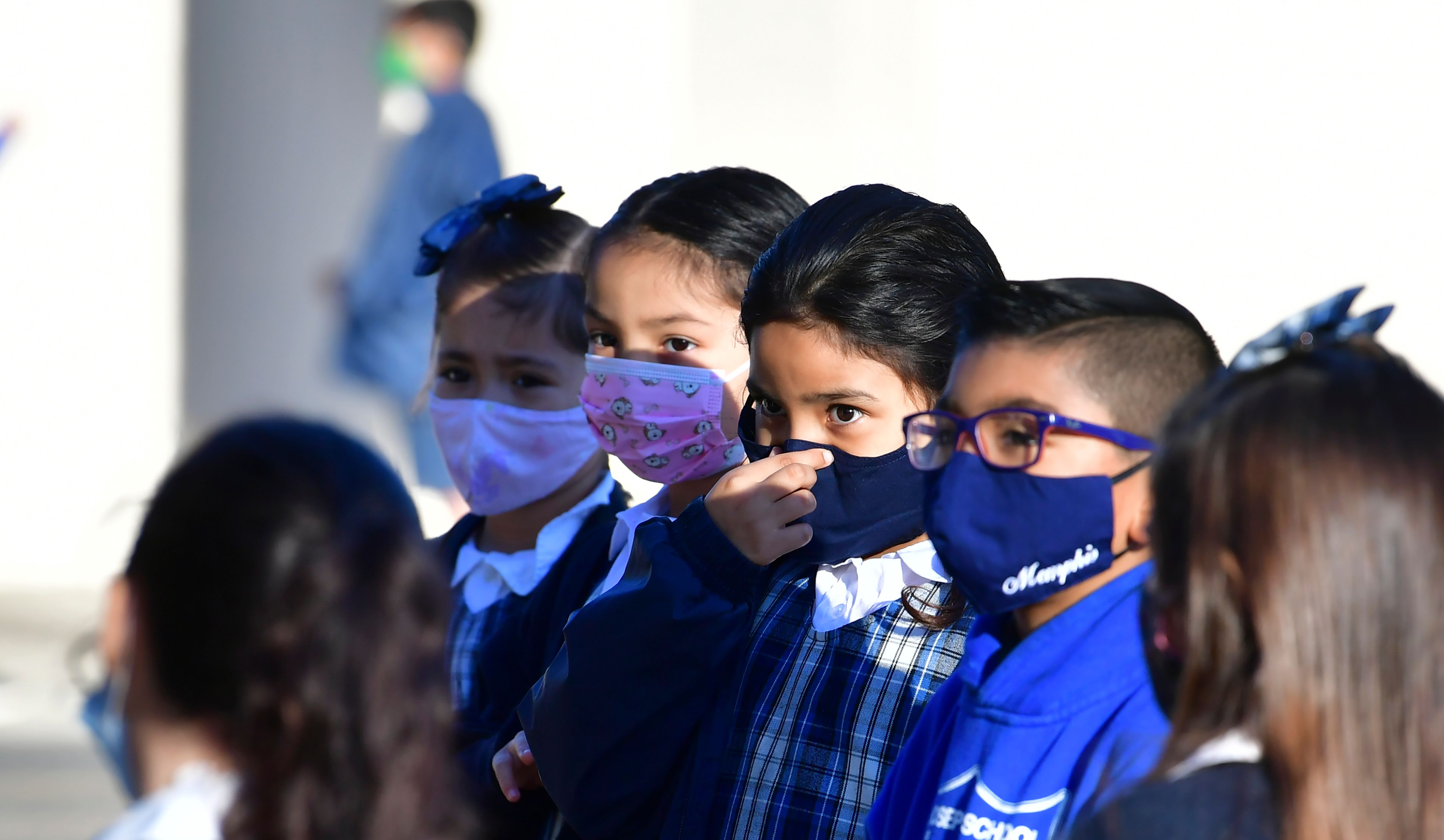Ana Membreño-Stuart was diagnosed with Lupus in 2012.
“My hair was falling out. I had joint pain, fevers,” Ana said.
Her story is similar to mine and millions of other Americans who have autoimmune diseases, from Lupus and Rheumatoid Arthritis to Sjogren, the one I have.
These health conditions make us vulnerable to a serious COVID-19 infection.
While antibodies protect healthy people when they get a virus, Ana explained “it does the opposite” in our case.
“It attacks our own bodies, like our organs, our hearts, the lungs, the brain, the skin,” she said.
Earlier this year, many of these patients celebrated the emergency approval of the Moderna and Pfizer vaccines.
But some worry how their bodies will react to the doses, because these new types of vaccines, also known as mRNA, work differently.
Get South Florida local news, weather forecasts and entertainment stories to your inbox. Sign up for NBC South Florida newsletters.
They teach our bodies to create proteins that trigger antibodies to protect us from the virus.
“All vaccines are designed to wake up and educate a particular part of your immune system,” said Dr. Aileen Marty, an epidemiologist at Florida International University.
Dr. Marty is hopeful about what she has seen so far.
“I cannot (make the blanket statement that) all immune disorders are going to respond appropriately, because they won't,” Dr. Marty said. “But most of the autoimmune diseases we have studied so far, there seems to be absolutely no negative effect from getting the vaccine, and they seem to be getting the same level of protection as everyone else.”
The American College of Rheumatology says they “anticipate recommending all patients, including rheumatology patients, receive an approved COVID-19 vaccine,” adding that though the risk of "disease flare" is currently unknown, they plan to continue studying the impact of vaccines on the autoimmune disease community.
Dr. Marty says she’s only seen adverse reactions in people with severe allergies, but every patient with a chronic disease should ask their doctor before getting vaccinated.
CORONAVIRUS LATEST
Ana did just that.
“He said he definitively recommends me taking it, because getting COVID-19 is a serious thing, especially with someone who has a compromised immune system already,” Ana said.
At this time, the vaccine isn’t widely available for people with autoimmune diseases in Florida unless they are 65 or older.
The American College of Rheumatology says there’s a task force studying the effects of the vaccine on people with chronic autoimmune diseases, and that report is expected sometime in February.



